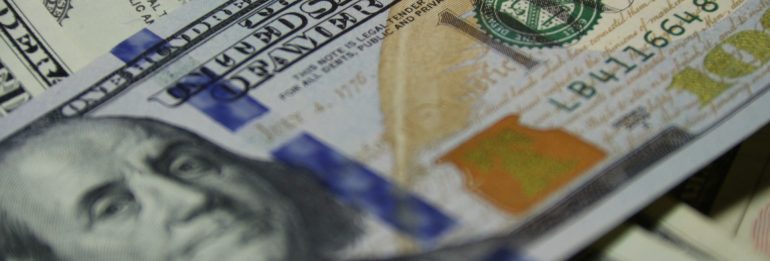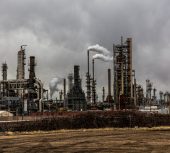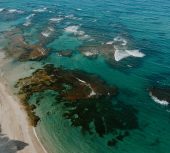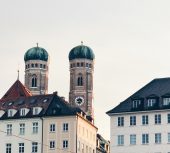In a move that has sparked both intrigue and outcry, the Brazilian government is eyeing resources from the Amazon Fund to finance a contentious road project in the heart of the rainforest. This initiative, intended to pave a significant artery through the Amazon, has reignited the age-old debate on development versus preservation.
A Bold Proposal
In late August, Renan Filho, Brazil’s Minister of Transportation, dropped the bombshell that he intends to seek approval from the fund’s governing board to pave the BR319. This road, currently in a dilapidated state, threads its way between two vital northern cities—Manaus and Porto Velho. Its potential restoration is not just a matter of transportation; it's emblematic of larger concerns surrounding conservation and economic development.
However, critics quickly pointed out that such endeavors might not be in alignment with the Amazon Fund's charter.
“The Amazon Fund’s mission is to safeguard the forest, its unique biodiversity, and combat climate change. Using its resources for paving seems a stark departure from these objectives,” commented Sila Mesquita, a leading voice from the NGO Amazon Working Group and current member of the Amazon Fund committee.
Tasso Azevedo, one of the architects of the Amazon Fund and now a coordinator at MapBiomas, concurred, emphasizing that the project seems misaligned with the fund’s purpose.
Delving into the Amazon Fund’s Legacy
Established in 2008, the Amazon Fund, with a hefty $1.2 billion coffer, primarily supports projects focused on thwarting deforestation in the Brazilian Amazon. Countries like Norway and Germany, along with Petrobras, Brazil’s state-owned oil company, have been the fund's primary benefactors.
However, the fund's operations came under scrutiny in 2019. Former president Jair Bolsonaro, in a controversial move, disbanded the committee that governed the fund's spending guidelines. This decision effectively froze the fund's resources for three years, leading major donors to suspend contributions.
President Lula's recent reinstatement of the fund seems to have revitalized interest among potential donors. Nations like Denmark, the UK, USA, and the EU have pledged new contributions, indicating a restored faith in the initiative.
But as the Brazilian Development Bank (BNDES), which oversees the fund, clarifies, road infrastructure projects have never been part of the fund’s supported endeavors. Moreover, the fund's new guidelines for 2023-25 emphasize strict adherence to environmental and conservation-oriented projects.
The Two Sides of BR319
Touted as Brazil’s potential “most sustainable highway” by the Ministry of Transportation, BR319's renovation would ostensibly offer easier access for police patrols, allowing better monitoring against deforestation. The ministry stresses that the primary objective is twofold: fostering economic and social growth and setting a gold standard in environmental conservation.
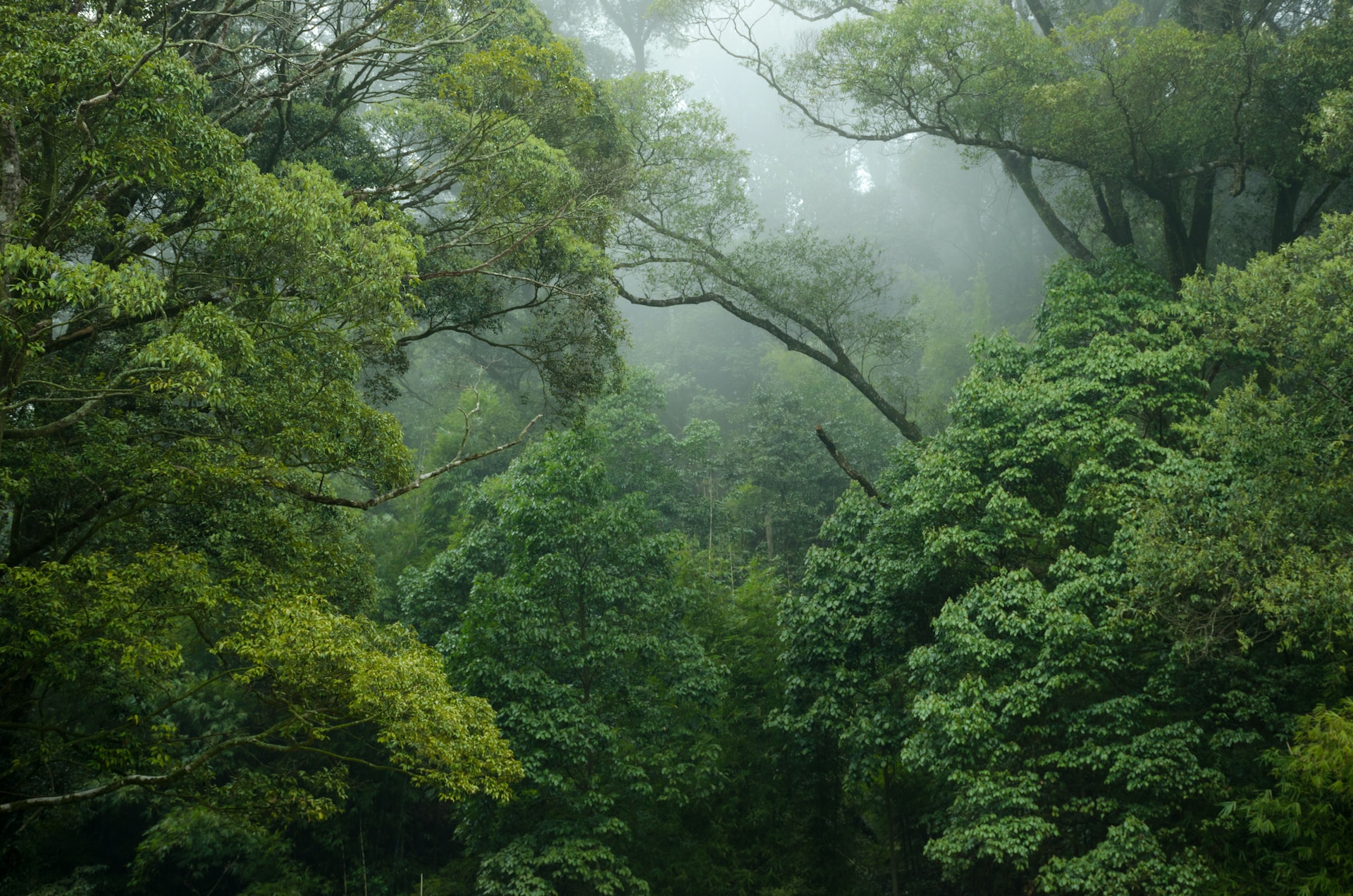
Critics argue that the road's revival could spell disaster for the rainforest
The highway, initiated in the 1970s, cuts through diverse conservation zones, including indigenous territories. The BR-319 Observatory, a coalition of organizations active in the highway's region, has expressed concerns about the repercussions of repaving. Without robust conservation safeguards and due consultation with indigenous communities, the move could inadvertently promote deforestation.
Supporting this apprehension, multiple studies have underscored the correlation between accessibility and deforestation. A startling 95% of deforestation activities in the Brazilian Amazon are located within close proximity of legal or illicit roads.
Sila Mesquita encapsulated the prevailing sentiment, “It isn’t a black and white issue of being pro or anti-road paving. It’s about integrating science, technology, and local communities' perspectives to discern what true sustainability looks like.”
In Conclusion
As Brazil grapples with the intricate balance between infrastructure development and conservation, the proposed utilization of the Amazon Fund for the BR319 project underscores the challenges and dilemmas inherent in such decisions. With the world watching, the nation's choices will not only shape its own future but potentially set precedents for environmental conservation efforts globally.
©GlobalCO2.uk

